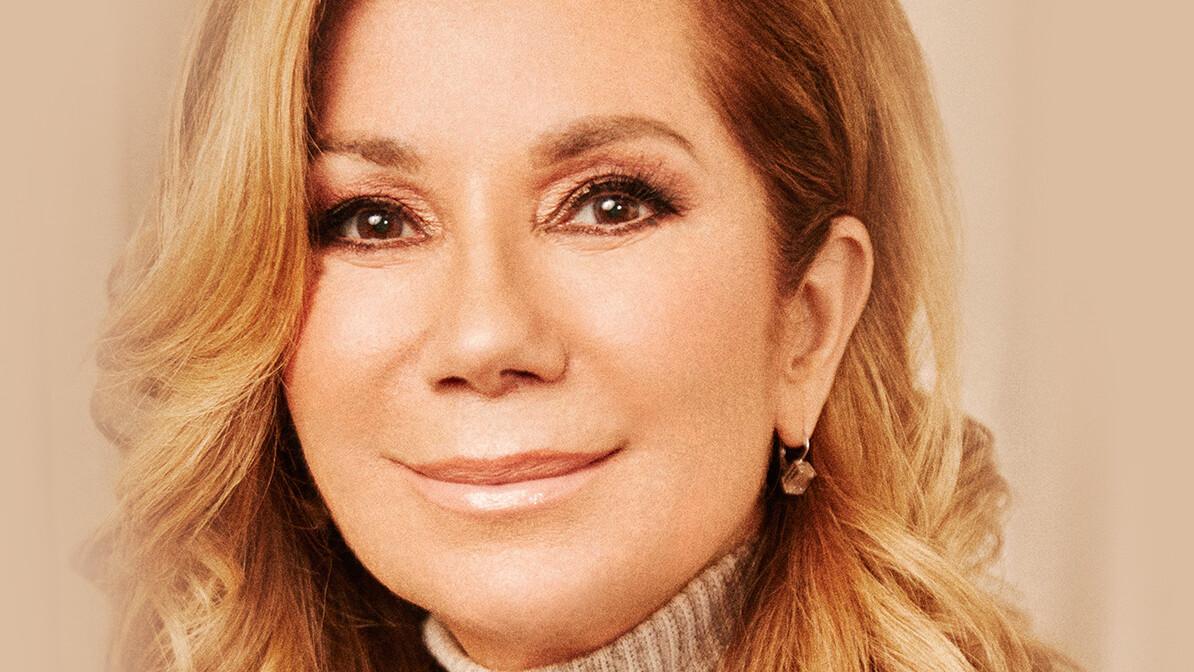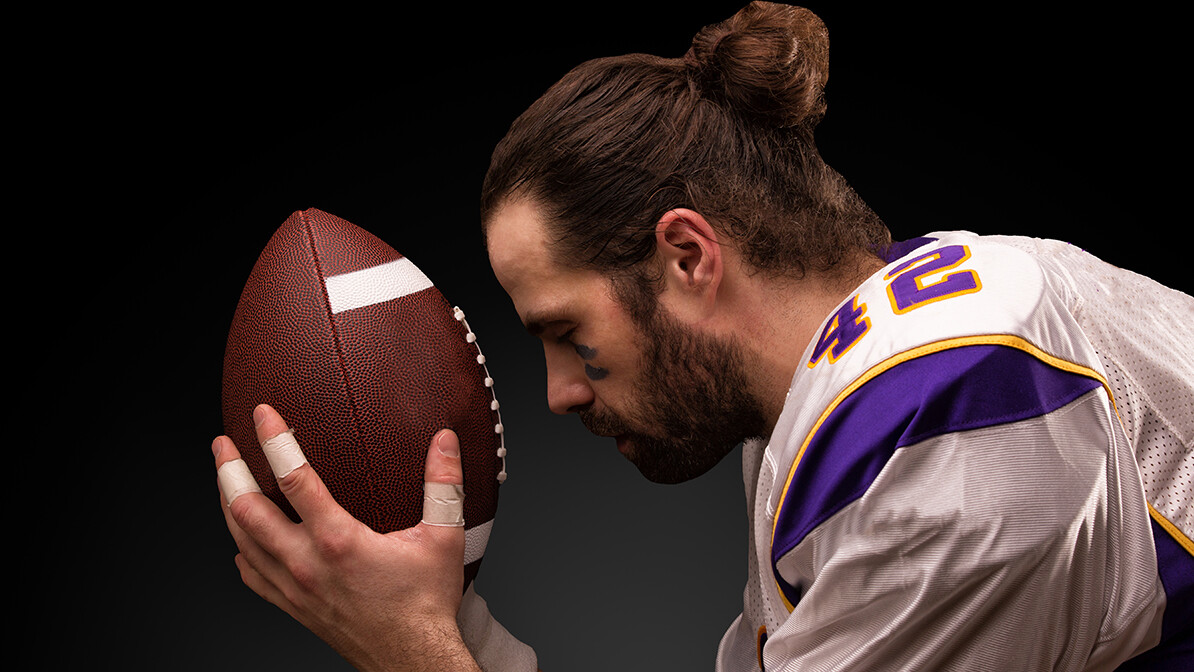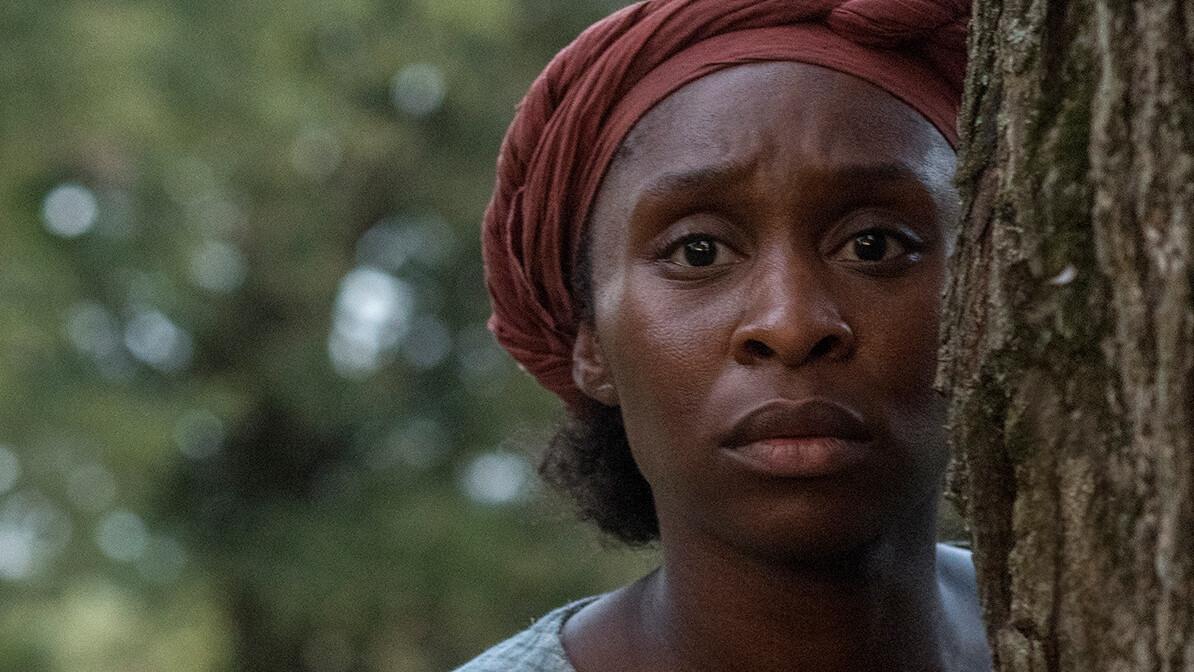- Home
- Entertainment
- Kathie Lee Gifford: The Jesus I Know

Kathie Lee Gifford: The Jesus I Know
John Farrell: Could you please tell me a little bit about your book, The Jesus I Know?
Kathie Lee Gifford: I can’t remember which book it is in the long line of them. I think it’s the 24th or 25th. I long ago lost track. It doesn’t matter. The point of it is it’s a very different kind of book for me. It wasn’t one that I was dying to write or even had the thought of writing.
My literary publisher is a person who is very different from me politically, sexually orientationally, and spiritually, but a man I really deeply admire and respect and appreciate in my life. When we were talking about what’s coming down the pike, as you always do, he said, “Kathie, would you ever consider writing a whole book on some of the things that you talked about in the last book that you did?” The last big book, which was It’s Never Too Late. He said, “I was fascinated by your stories about Al Pacino or Ricky Gervais or Craig Ferguson. All these people that are very different from the person that you are, but the conversations you had about faith with them.”
I said, “Well, that’s my everyday life.” And he goes, “Would you consider doing a book of conversations with people like that?” I went, “Sure, if that’s what I think the Lord wants me to do.” So, I prayed about it and felt like this is worth doing.
God brought to mind twenty-five people. I said, “Lord, who should I talk to?” Only two people weren’t able to do it because they were doing books of their own or something at the time, but the others did. So, I spent a few months recording these interviews with these fascinating people, all from completely different walks of life and stripes and persuasions, but people I love and care about. The more different they are from me the more I enjoyed the conversations with them.
I don’t need to sit in a pew with like-minded people worshiping the same way and singing the same hymn. That to me becomes quite rote and inauthentic. I like it when we mix it up a lot and I can sit with somebody who is transgender, like my friend Caitlyn Jenner. She’s not in the book, but somebody like that or somebody that’s a Scientologist because I don’t really know much about Scientology. But it’s a person that I love and admire.
So, I just prayed. I said, “Lord, show me the people you’d like me to talk to.” And that’s what we’ve done. We recorded them and it’s called The Jesus I Know: Honest Conversations and Diverse Opinions about Who He Is. What does He mean to me? How do you see Him historically and how do you see Him relevant or not in the world today? It was fascinating.
I knew the answers because they’re my friends or I studied with them in Israel. One of my favorite rabbinical trips to Israel was when I took my Sikh, Hindu, Scientologist, atheist, broken-hearted Catholic, and confused Baptist friends. It was the biggest, most motley crew of people you’ve ever seen in your life. But it was amazingly, movingly transforming for everybody.
I think we avoid those sometimes in our lives because we don’t want our little private Idahos to be upset. Our little kingdoms that we’ve built to be in any way rocked. Well, sometimes the Rock of Ages wants to rock our world. And I think that it’s a good thing when He does because He got the disciples’ attention when He said, “Meet me on the other side.” First, there’s this huge storm, which these squalls always come up when you least expect them on the Sea of Galilee. Next thing you know, Jesus is walking on water. They didn’t expect that. Then Peter gets out and he’s walking on water. He takes his eyes off Jesus and about drowns. Next thing you know, they feel safe. They’re getting to the shore – the other side. And the first thing they see is a naked, bleeding guy screaming because he’s got a legion of demons. I love the way Jesus says, “Oh, you just thought you were up for a nice boat ride.”
I just love how God surprises us. He shows up and He shows off. I love it.
It’s Not Our Place to Judge
JF: What would you say is the overall message you hope people take from your book?
Kathie Lee: That we are not to judge any other human being, nor are we to judge their walk with the Lord or lack of it. We don’t know their hearts. That’s a key thing that Jesus taught – only God can see the heart of a human being. What He taught us to do is to love them in the process. Love them in the process and be there for them and get out of the way so the Holy Spirit can do its work renewing their heart and mind.
We’re supposed to be there and support people and love them. We’re not supposed to tell them how to think or what to do or how to worship. So many bad things happen when we usurp the role of the Holy Spirit. And we’ve decided that only we can save this person, only we can convince this person, only we can share wisdom that’s going to change their life. No. No, we’re called to love them. And we’re going to work ourselves into a tizzy, and you’re going to need somebody to get you out of the pit by the time you’re finished trying to control other people’s lives. We’re not supposed to. We’re supposed to take a journey with them and meet them where they are along that journey and love them and encourage them. That’s it.
JF: With everything that’s going on in today’s world, why is that message so important for people to hear?
Kathie Lee: Because Jesus didn’t cancel anybody. If he’s our role model, and He is the one that we say we love, we say we’re following, we say we serve, then why aren’t we living our lives like He did? Why aren’t we trusting Him enough that He will empower us to be His hands and feet and heart in this world. Why are we not believing that the Holy Spirit He left to us is enough?
We take everything into our own hands and think we can deal with it. We can’t. We’re not equipped. We’re not God. We’re just His followers. We’re His children. And we lack humility now. We lack so much humility as a people. Yes, we are more than conquerors, but God wants His people to be humble and loving and tender toward those who don’t understand and aren’t in the kingdom yet and have fears based on all kinds of things that have happened in their lives. We cannot know a human heart. Only God can, but we can love a human being in the process.
The Bible as One Continuous Story
JF: I’m going to ask something you asked in a couple of your interviews: What does Jesus represent to you?
Kathie Lee: Jesus (Yeshua) to me is the Messiah. I’m a Jew and the Bible tells us that Yeshua – the Messiah – was with Elohim, God the creator, at the very beginning of all things. He, the Holy Spirit, and the son Jesus – the begotten Son – all were there at the beginning: “In the beginning was the Word, and the Word was with God, and the Word was God” (John 1:1), and all things were created through Him. All that is from John, but everything John says in his first book is all out of Genesis.
This is the most extraordinary thing to me, and this is the thing I try to get into people’s vernacular with every book I do or any conversation I have: the Bible is not divided into two different books – the New Testament and the Old Testament. Man has done that. The Bible is one continuous love story of God the Creator, Jehovah, God Elohim, God Provider, Jireh. All his names. All his attributes.
For the Jews, that one’s yours. And the Christians, the new one’s yours. That’s a lie from the pit of hell. It’s our story, collectively. Western Christians don’t understand that. They’ve never been taught that. Jews have never experienced it because they have experienced so much evil and persecution from the Christian world for centuries because they had always been the ones accused of murdering Jesus the Messiah. Except the ones who are accusing them of that are not even realizing that Jesus was a Jew.
I can’t tell you how many people have said to me through the years, “Jesus was Catholic, right?” I go, “What?” There’s so much spiritual illiteracy it drives me crazy. So, when I meet a Jew who says, “I can’t believe in Jesus. That’s the New Testament. That’s a Christian,” I say but did you even know that Jesus was a rabbi, a Jew. They don’t even know. They don’t know.
When we realize when we’re told that it’s one story and it’s our story collectively, and that Abraham was the father of not only Judaism but Christianity and Islam the people go, “What are you talking about?” But he was. He was the patriarch of all three of those faiths in the world today. Our common ground should be our sacred ground.
If we met and studied the story of Abraham – Abram at the time that he was called by God out of the land of Ur, which is modern-day Iraq – if we knew the history, it would transform the world because we’d realize, “Oh my gosh, this is beyond belief. This is so exciting. We’re one people.” That’s so uniting.
I can sit with a Muslim brother or sister and talk about things that we share together and show them in the Koran where Jesus is talked about, show Jews where Jesus is prophesied hundreds of times in the Old Testament and show Christians reading the New Testament, which is a continuation of one story. I said, “Don’t you realize that this was prophesied in Isaiah, in Daniel, in Micah?”
When you go back to what came before, they don’t know it. It’s just biblical illiteracy. I’m certainly not an expert in it, but I studied with the greatest experts in the world. And it’s transformed my life knowing these things. Just transformed it.
You want to teach to others what you’ve been taught. I try to give credit to every single teacher that I’ve had, and you know what the truly great ones say to me? They say, “You don’t have to give me credit. Someone taught me, too.”
The Interviews
JF: Turning our attention toward the specific interviews, one of the people you interviewed was Kristin Chenoweth. She talks about being a different kind of missionary. Do you see yourself like that too?
Kathie Lee: Totally. Totally from the day I was born. I knew I would be in the world. I just hoped I would not be of it. I was never going to be a missionary to Africa or China or all those places that were culturally accepted and basically deemed acceptable. No, God was gonna take me to Hollywood. God was going to take me to Broadway. God was gonna take me to Motown. God was going to take me to NBC, ABC, CBS. Everything. That’s where God was taking me. That was my mission field. And as a result, millions of people have heard the Word of God because God put me in a position of favor where TVs were going and movie cameras were running and albums were being recorded. That’s how you take the Word to the ends of the earth – through the airwaves that God created, not Satan.
People didn’t want movies to be made when I came to know the Lord at a movie theater watching a movie that the Billy Graham organization had put out called The Restless Ones in 1965. And Billy Graham, of all people, was criticized exhaustedly for not understanding.
Could you imagine telling Billy Graham, “You don’t understand. Satan lives in the movie theaters.” Billy’s attitude was I do my crusades on television and millions of people come to know Christ. Are you saying that Satan owns TV waves too? God owns everything. If we give up and leave the airwaves to his kingdom, then yes. They said, “I’m taking whatever Satan has stolen because he comes to steal, kill, and destroy. We’re taking it back in the name of Jesus.”
I do not separate the secular and the spiritual in my life at all. I never have. I don’t think to myself, “Oh, I’m going into the pit of hell right now.” I go, “No, the pit of hell is the world we live in.” The pit of hell is in many churches that pretend that they love God. Jesus said the Kingdom of Heaven is right here, around you. Look around. Jesus made us look at everything differently, but because we don’t know the Scripture, we don’t know the original Greek and Hebrew, we don’t understand what the Word of God actually says, we get off course. We start saying things that aren’t true and preaching things that are damaging and hurtful. And the next thing you know, we have a world that hates one another because we can’t agree on anything. Why? Because we’re basing our whole theology on lies.
JF: One of your interviews that spoke to me the most was the conversation you had with Lauren Scruggs and Jason Kennedy. Obviously, you know the story of her losing her left eye and hand in a freak propeller accident. During the interview with them, you asked Lauren about her anger after the incident and whether she was angry at God or the person who left the propeller running. Her response about God and her attitude toward physical beauty were refreshing to hear. Could you please talk a little bit about her response and what she meant by it?
Kathie Lee: I think she meant exactly what she said. She was a model at the time. A beautiful young woman. She’s no less beautiful now because of her accident. In fact, she’s taken on an inner beauty – a magnificence in her beauty – through suffering that the world can’t understand. Everything that the world says she has lost she sees it as a game.
I was just starting a friendship with her now-husband, but he hadn’t met her when I first started sort of mentoring Jason at NBC. I loved him. Loved his heart. Loved his commitment to excellence and all of that. I remember that he saw her during an interview on the “TODAY” show with Natalie Morales. Here’s this godly guy who’s living in Hollywood, and the women he’s meeting are all gorgeous and perfect and all this stuff. He looks up and sees Lauren being interviewed by Natalie Morales. And he goes, “That’s the kind of woman I want to meet.”
I love that. I love that he could have had any perfectly formed woman that you can find. There are thousands of them on any cattle call in Hollywood. He said, “No.” He saw her heart. He saw her magnificence, her beauty beyond whatever the world deems beauty, and said, “No, that’s what I want.”
That’s Song of Solomon kind of love. That’s the kind of love in the Old Testament when God said to Hosea, “Go and marry a prostitute.” Not that she was. To represent the harlot that has been unfaithful to God their Creator. God just works in mysterious ways, and how God used that whole thing. Some of the things that the world says are unlovely, God says, “Oh really? Guess what. I’m going to put them in the line of the Messiah. I’m going to put Rahab there. I’m going to put Tamar there.”
We think we can decipher what God says, what He means, put Him in a box, wrap Him up, stick Him on a shelf, and say, “That’s what I believe, doggone it, and anybody that doesn’t believe like I believe can’t be a Christian.”
JF: Which interview surprised you the most?
Kathie Lee: I don’t know honestly. Because I know these people, nothing was a huge surprise to me. Some of them I’ve known forever. Others I’ve known for like ten minutes, but I knew their story and the essence of it.
What I’m surprised by are the ones where people say to me, “Oh, that one killed me. That one moved me.” It’s not what I am surprised by, it’s what my readers are surprised by. And that was the point. Each person was there in my life because God chose them to be in this book. I’m more interested in how the audience is responding, and they’re responding to all different ones. And I love that because that’s the way God works. He’s an individual God and nothing’s cookie-cutter with our Creator God. Nothing.
…
Order a copy of The Jesus I Know: Honest Conversations and Diverse Opinions about Who He Is by Kathie Lee Gifford
Trending Now
Sign up today for your Inspiration Today Daily Newsletter
Supercharge your faith and ignite your spirit. Find hope in God’s word. Receive your Inspiration Today newsletter now!
John Farrell
John Farrell serves as the Digital Content Manager at Inspiration Ministries, where he oversees the planning, organization, and management of website content to support the ministry's global digital outreach. With a strong background in writing and editorial strategy, John ensures that the articles, devotionals, and discipleship resources on Inspiration.org are accurate, engaging, and aligned with the ministry's mission.
John has authored more than 1,000 articles, press releases, and features for Inspiration Ministries, NASCAR, Lionel, and Speed Digital. His versatility as a writer is also showcased in his 2012 book, The Official NASCAR Trivia Book: With 1,001 Facts and Questions to Test Your Racing Knowledge.
A graduate of Appalachian State University, John brings excellence and attention to detail to the digital experience at Inspiration Ministries. He lives in Concord, N.C., with his wife and two sons.
Related Articles
March 10, 2025
Finding Total Victory on the Road to Championship
I have been playing competitive golf for 55 years. Through the various stages of my life, my…
March 7, 2025
Average Joe Movie: SCOTUS, Praying Football Coach Backstory
When Coach Joe Kennedy knelt to pray at the 50-yard line after a high school football game, he had…
February 28, 2025
The Power of Story: A Muslim Journey to Hope
Storytelling is one of the oldest and most powerful ways to touch the human heart. Parents tell…
February 27, 2025
‘Harriet’ Movie: Courage, Freedom, Faith
Antebellum abolitionist Harriet Tubman had convictions and courage that helped free herself…
Next Steps To Strengthen Your Walk
Inspiration Today Newsletter
Supercharge your faith and ignite your spirit. Find hope in God’s word. Receive your Inspiration Today newsletter now!
Christian Articles
Find articles to strengthen your walk and grow your faith. We have a wide range of topics and authors for you.
Submit A Prayer Request
We are here for you. Simply click on the button below to reach us by form, email or phone. Together we will lift our hearts and voices with you in prayer.






